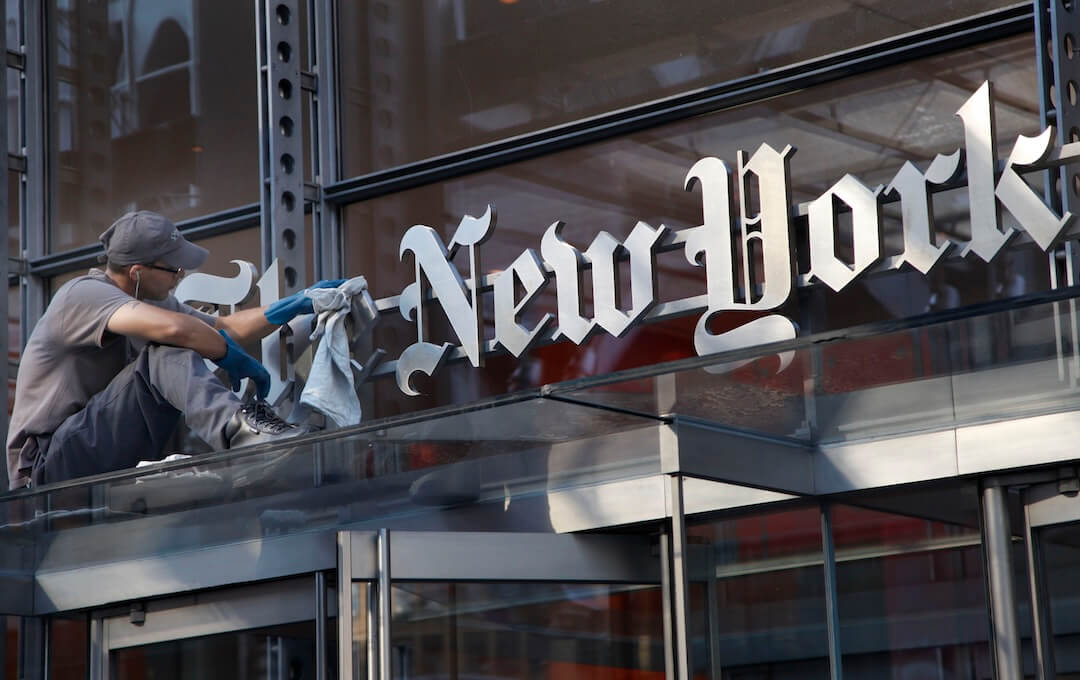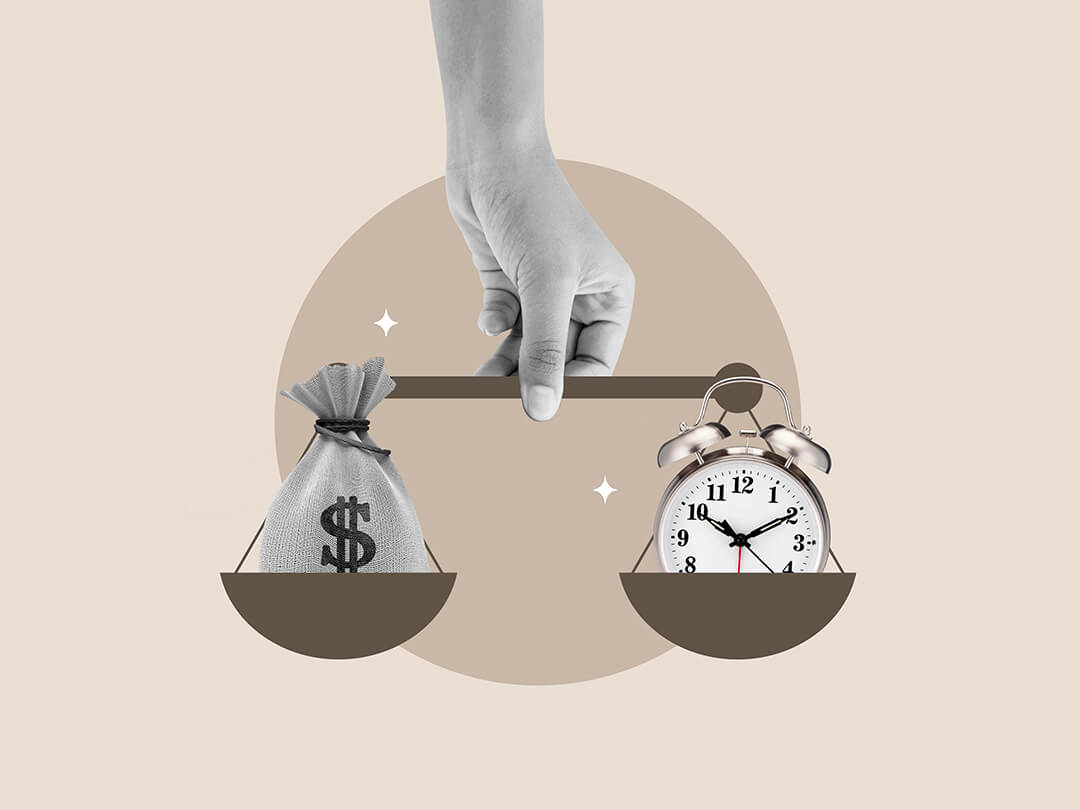National Public Radio and the SAG/AFTRA union that represents more than 400 on-air and off-air workers said early Sunday that they had reached a tentative three-year agreement. NPR management sent Poynter a statement saying the union agreed to recommend the new deal to its members:
Both sides have been working over several months to reach this new, forward-looking agreement that meets the needs of NPR’s employees and operations. SAG-AFTRA members will have an opportunity to vote to ratify the agreement in the coming weeks. Both NPR and SAG-AFTRA look forward to working together in support of NPR’s mission and service to the American public.
The deal came after the union granted two temporary contract extensions and both sides called in a federal mediator last week. The union’s website removed a strongly worded letter to the company CEO and removed its contract countdown clock.
In place of that clock, the union posted this graphic:

The union said a key sticking point was the company wanted new lower base pay for new hires and promotions. The union says the new deal did not include the two-tier system.
Adrian Florido, a NPR Code Switch reporter and a member of the bargaining team, told Poynter, “We were able to repel a lot of the company’s most odious proposals. The company came really, really close to our original salary requests.”
The union had concerns about how a proposed “hub” system would work and whether it would allow non-union local journalists from NPR affiliated stations to do more work now performed by union members.
After a long week of what union workers publicly described as “frustrating” and “dispirited” negotiations that a federal mediator could not ease, on Saturday, as the old two-year agreement expired, both sides went publicly silent.
Florido said the talks that had been stalled began moving just as the national union was voting to give the unit bargaining with NPR the authority to call a strike. With the new movement, the union, which had posted a countdown clock signaling the end of the old agreement, agreed to a 24-hour extension of the old contract that expired in June.
The union had described NPR’s original offer as “the single worst labor proposal in NPR history,” and launched a social media and online campaign to rally support from listeners.
“The company could see that the union members were increasingly frustrated,” Florido said. “When the company saw the outpouring from NPR employees and listeners, it really sent a strong message. The management saw that reaction to a really, really effective campaign” which included members posting images and social media messages saying “We Make NPR.”

From wemakenpr.org
Almost 14,000 supporters sent messages to company management in an online petition. The union urged listeners not to abandon public radio in protest but to support the local stations during the talks.
The union says that on Monday it will explain the new deal to members including details about pay raises and job security. Florido said, “We will hold meetings with the 430 members, then within two weeks we will try to get the contract ratified. Members will vote by email, and it just requires a simple majority to pass.”
Especially grateful to the @NPR listeners/readers who supported @sagaftra journalists. More than 12,000 signed petition. #WeMakeNPRTogether
— Howard Berkes (@hberkes) July 16, 2017
.@sagaftra &NPR reached tentative deal tonight. Wouldn't have happened without the huge support of listeners/readers. Gratitude. #WeMakeNPR
— Ina Jaffe (@InaJaffeNPR) July 16, 2017







